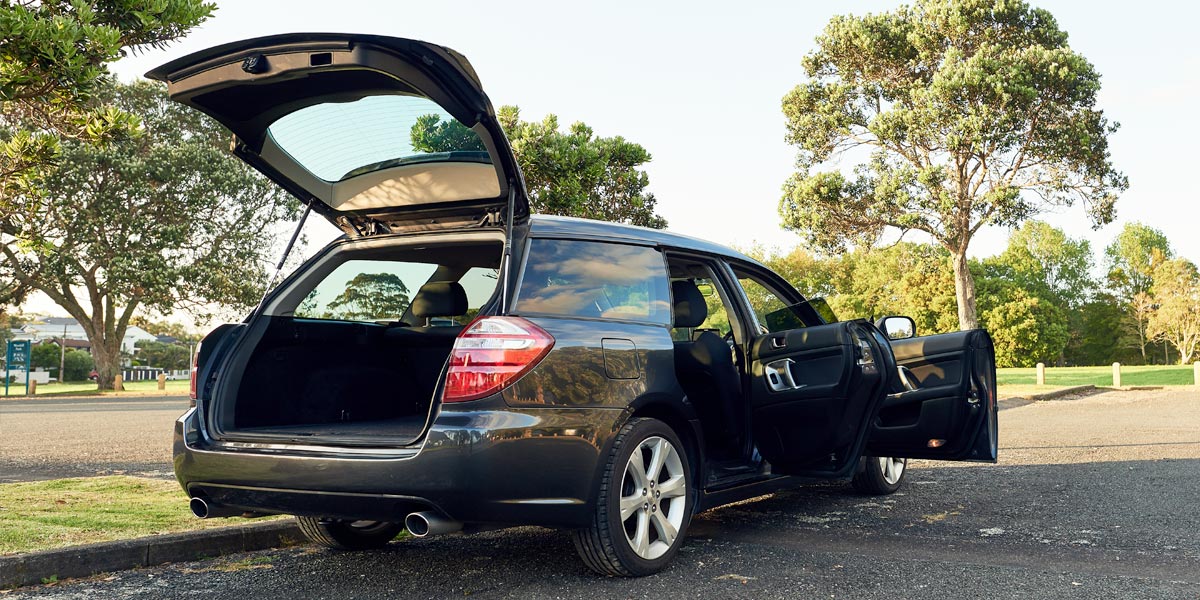Selling guide
Car selling dictionary
Familiarise yourself with any words or terms you're unsure of to gain a better understanding of the car selling journey.
All-wheel drive (AWD)
Auction
Auto-bidding
Background Check
Bidding
Buy now
Classified
Consumer Information Notice (CIN)
Damaged import check
Electric cars
Fixed price offer
Four-wheel drive (4WD)
Horsepower
Hybrid vehicle
Money owing check
Motor Vehicle Traders
New Zealand new
Re-registered check
Road User Charges (RUC)
Stolen vehicle check:
Tiptronic
Torque
Transmission
Two-wheel drive (2WD)
Vehicle Information Report (VIR)
Vehicle licensing (rego)
Warrant of Fitness (WoF)
Other articles you might like




